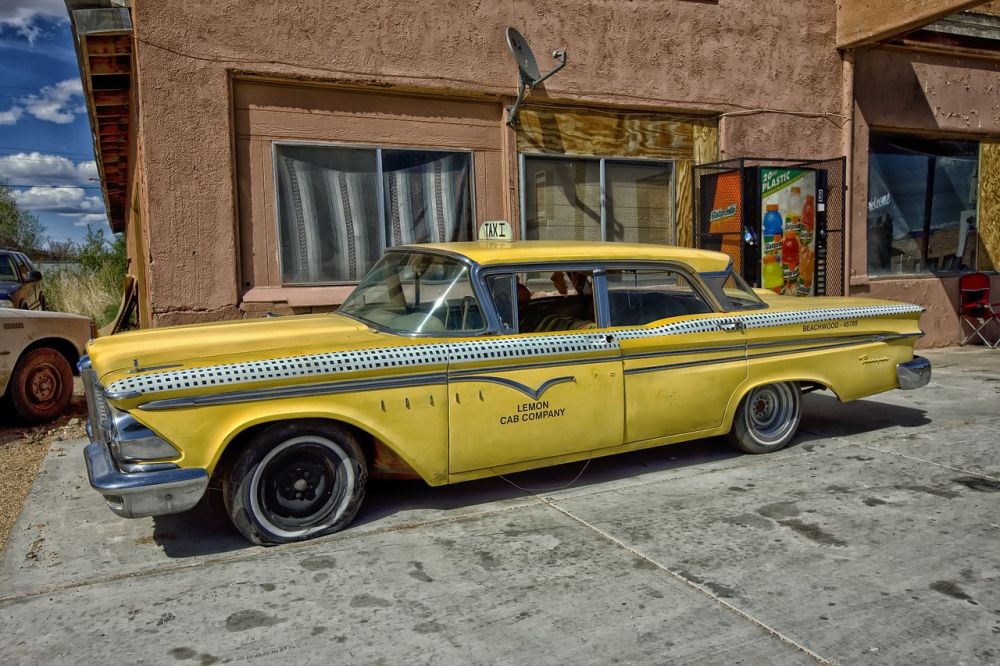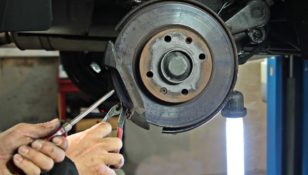Volkswagens stock, often referred to as VW stock, is an intriguing topic for individuals with a general interest in the financial markets and the automotive industry

In this comprehensive article, we will delve into the various aspects of VW stock, providing a detailed overview of its importance and evolution over time. Whether you are an avid car enthusiast or an investor seeking insights into this multinational corporation, this article aims to present you with valuable information.
Introduction to VW Stock
VW stock represents shares of Volkswagen AG, one of the world’s largest automotive manufacturers. Founded in 1937 and headquartered in Wolfsburg, Germany, Volkswagen has established itself as an iconic brand known for its quality vehicles and innovative technologies. With a diverse product portfolio ranging from passenger cars to commercial vehicles, the company has a global presence and operates in various markets worldwide.
Bulletpoints for Featured Snippet (Structured Text):

–
Volkswagen AG: A leading global automotive manufacturer.
–
Founded in 1937, headquartered in Wolfsburg, Germany.
–
Diverse product portfolio: Passenger cars, commercial vehicles.
–
Global reach and presence in multiple markets.
Historical Evolution of VW Stock
To understand the significance of VW stock today, it is essential to explore its historical development. Over the years, Volkswagen has faced numerous challenges and undergone significant transformations, shaping its stock’s trajectory.
1930s
–
1960s: Volkswagen’s foundation dates back to the pre
–
World War II era when it was established by the German Labour Front. During this period, the iconic VW Beetle was introduced, solidifying the brand’s identity and becoming a cultural icon. Throughout the 1960s, Volkswagen expanded its global presence and continued to produce popular models that resonated with consumers worldwide.
1970s
–
1990s: In the 1970s, Volkswagen faced financial struggles, including a significant legal settlement in the United States. However, the company managed to recover and went on to acquire several other automotive brands, such as Audi, SEAT, and Skoda. Additionally, the introduction of the Golf model in the 1970s marked a new era for Volkswagen, becoming a cornerstone of its success.
Bulletpoints for Featured Snippet (Structured Text):
–
1930s
–
1960s: Foundation and introduction of the iconic VW Beetle.
–
1970s
–
1990s: Financial challenges, acquisitions of Audi, SEAT, and Skoda, introduction of the Golf model.
2000s
–
Present: The turn of the millennium brought both triumphs and obstacles for Volkswagen. The company experienced substantial growth in emerging markets and expanded its product lineup to include electric and hybrid vehicles. However, Volkswagen faced a severe setback in 2015 with the “dieselgate” scandal, which involved the manipulation of emissions tests. This event had significant repercussions for the company’s stock, resulting in legal actions, fines, and a loss of public trust.
Despite the challenges, Volkswagen has taken strides to rebuild its reputation and transition toward a sustainable future. With investments in electric mobility and initiatives to reduce carbon emissions, the company aims to cement itself as a leader in the global automotive industry.
Bulletpoints for Featured Snippet (Structured Text):
–
2000s
–
Present: Growth in emerging markets, expansion of electric vehicle portfolio.
–
“Dieselgate” scandal: Impact on stock, legal actions, fines, loss of public trust.
–
Commitment to sustainability: Investments in electric mobility, carbon emission reduction initiatives.
Feel free to insert a relevant video here to complement the text and engage the audience further. This could include a promotional video showcasing Volkswagen’s latest models or an interview with key executives discussing the company’s future plans and innovations.
Conclusion
Volkswagen’s stock, as a representation of the company’s financial performance, encapsulates a rich history of triumphs and challenges. From its humble beginnings with the iconic VW Beetle to its current position as a global automotive giant, Volkswagen has continuously adapted to the ever
–
changing industry landscape.
While the “dieselgate” scandal temporarily tarnished its reputation, Volkswagen has demonstrated resilience and a commitment to sustainability. With a focus on electric mobility and reducing carbon emissions, the company endeavors to shape the future of transportation.
For both car enthusiasts and potential investors, understanding the evolution and significance of VW stock is crucial. It provides valuable insights into the automotive industry’s dynamics and the potential opportunities and risks associated with investing in Volkswagen. As the company continues to innovate and navigate the challenges of the future, Volkswagen’s stock remains a compelling topic to follow for anyone interested in automobiles and finance.
–

















